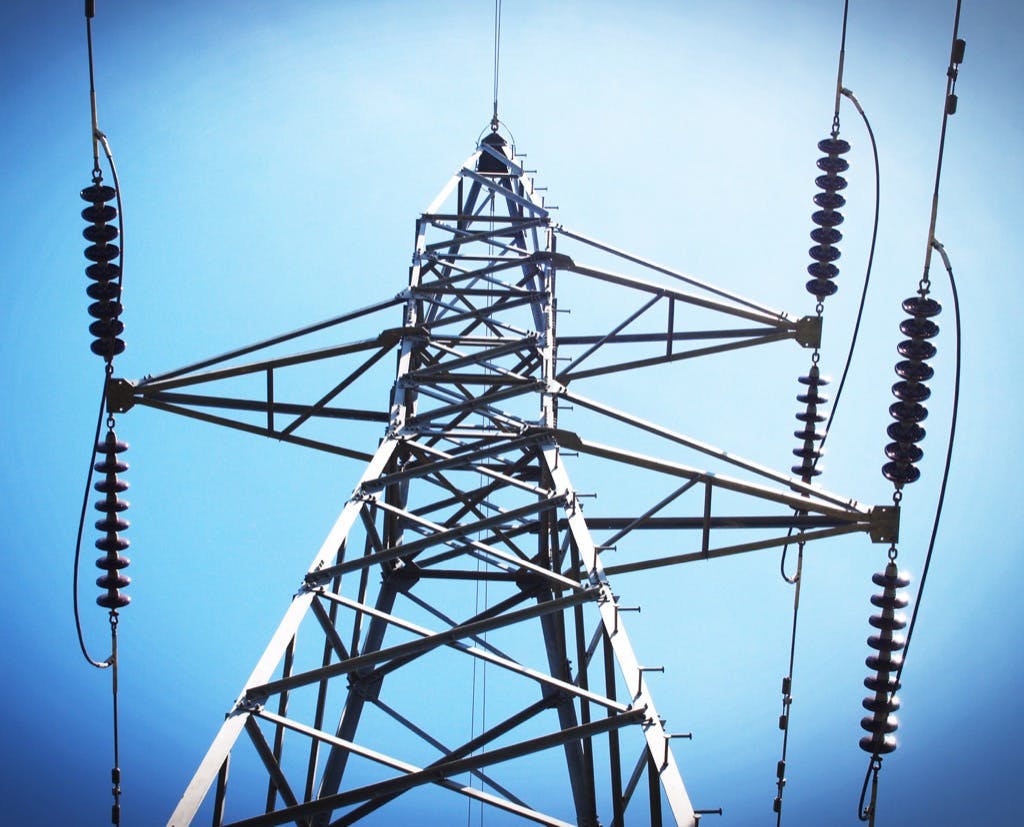Calculating your kilowatt hour usage at home

Did your electricity bill skyrocket this winter? Are you looking for ways to reduce your costs, or reduce your impact on the environment?
Our recent blog, What Is a Kilowatt Hour?, explained what kilowatt-hours (kWh’s) mean in your monthly utility bill. If you can calculate the kWh demands of specific electrical devices in your home, you can better understand and reduce your overall electrical usage. The calculation is easy.
Your Household Energy Use
Every electronic device in your home contributes to your monthly electric bill and annual energy use. By calculating the kWh usage of various devices, you can spot the culprits when your bill runs high.
To calculate the daily kWh requirements of any device, start by finding its wattage. Usually, the device will have a label that includes kW information. If not, you can find it in the owner’s manual. Once you know that wattage, determine how many hours the device is running in a day. Then, multiply the watt number by the number of hours the device is in use.
For example, if you use a 100-watt light bulb for 10 hours/day, the energy use = is 1 kWh:
100 watts x 10 hours = 1,000 watt‐hours = 1 kWh_
However, does that lamp need to be on for 10 hours? You may only need the light from 7:00pm to 11:00pm. In that case:
100 watts x 4 hours = 400 watt‐hours = .4 kWh.
Obviously, if you turn the lamp off when you leave the room, you’ll save electricity.
Repeat that simple calculation for all the devices in your home. Add them together, and you’ll have your total daily kWh usage. Then multiply that daily usage number by the number of days in the month to calculate your monthly usage.
kWh’s = Money
Your utility bill tells you how much your power company charges per kWh. Multiply that amount by your daily, monthly or annual kWh usage, and you’ll see how kilowatt-hours translate directly into expense.
With this calculation, you can also fine-tune your annual budgeting process by applying your new understanding of your typical electrical usage and the way it varies over the course of a year.

KWh Usage for Common Household Items
We’ve seen that burning a 100-watt light bulb for 10 hours expends 1 kWh. The calculation is roughly the same for 10 hours of TV viewing. For that same 1 kWh, you could listen to the radio for 20 hours.
We’ve done some other calculations for you, as examples of typical household energy use:
Dishwasher – NON-energy-saver: up to 2.17 kWh/load
Dishwasher – Energy Saver: 0.5 kWh/load
Regular oven: 2.3 kWh/hour
Microwave oven: .12 kWh for a 5-minute heat session
Refrigerator – 1990’s Frost-free, 15 cubic foot: 150 kWh/month
Refrigerator – Energy Star 17 cubic foot: 35 kWh/month
Washing machine – Hot wash, warm rinse: 4.5 kWh/load
HE Washing machine – Cold Wash, Cold Rinse: 0.3 kWh/load
Desktop computer: 0.06 ‐ 0.25 kWh/hour
Laptop Computer: 0.02 ‐ 0.05 kWh/hour
Electric furnace with fan: 10.5 kWh/hour
Electric water-heater: 380-500 kWh/month
1500W Portable electric heater: 1.5 kWh/hour
Central A/C (3-ton, 12 SEER): 3 kWh/hour
Ceiling fan: .075 kWh/hour
According to the Energy Information Administration, the average U.S. household uses 11,000 kWh of energy each year. That breaks down to roughly 915 kWh monthly and about 30 kWh daily.

Reducing Your Energy Use
After calculating the kWh usage for the main devices in your home, you’ll know which appliances are dropping the big hits on your electric bill. If you can use those devices less, and turn them off or unplug them when they’re not needed, you’ll save money – AND help the environment. Every time you turn something off, it makes a difference.
Using Your Total Household kWh Calculation
Understanding your total household kWh usage is also important when converting your system to renewable energy sources, like solar. You’ll need to know your total kWh requirements in order to determine what size solar system to buy. Solar systems are measured in kW, as defined by peak power output on really sunny days. At optimum capacity, a 1kW system can produce 1kW of power.
Check back with us soon to Understand Clean vs. Dirty Kilowatt-Hours!
